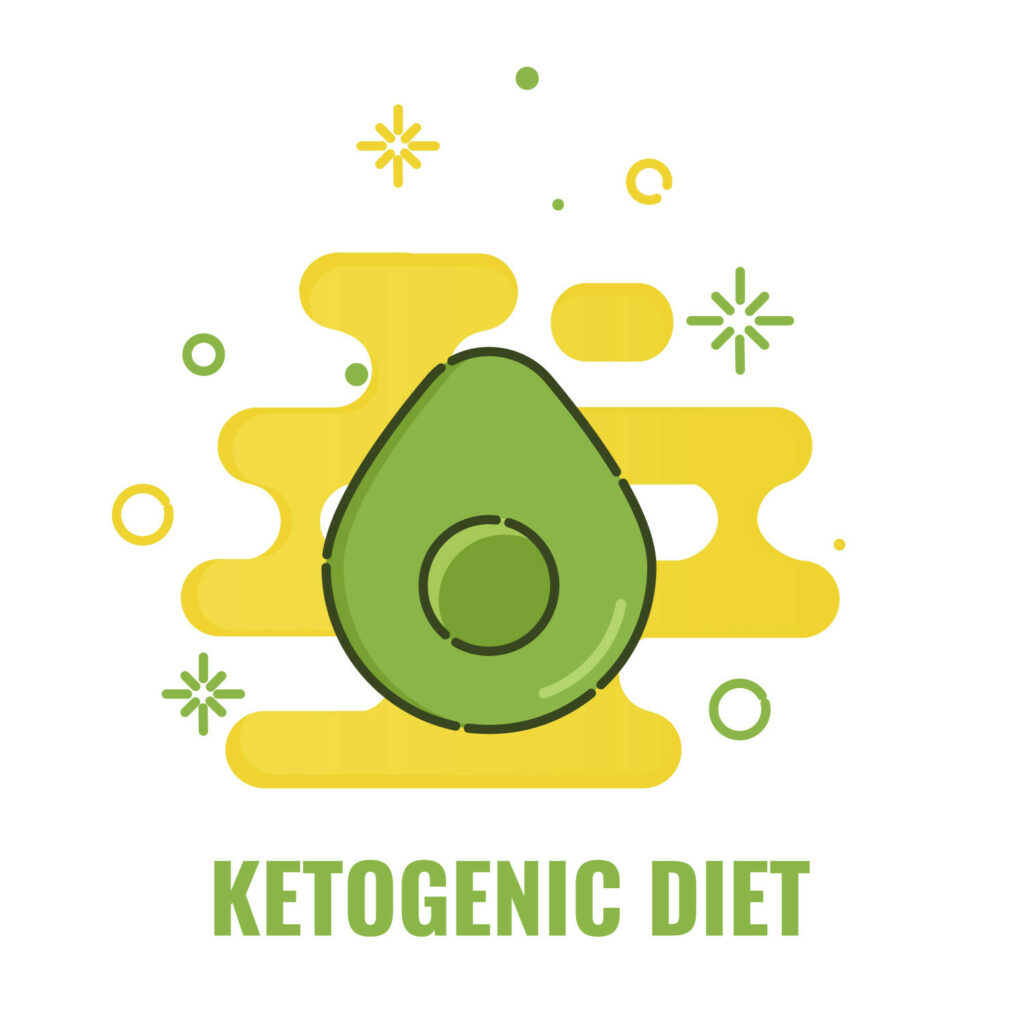
Scientists from the Institute of Animal Reproduction and Food Research of the Polish Academy of Sciences (PAN) and the University of Warmia and Mazury (UWM) in Olsztyn are beginning research into how such a ketogenic diet affects the human body.
The ketogenic diet is a low-carbohydrate diet that involves limiting carbohydrate intake to a maximum of 130 g per day. Food products rich in carbohydrates, e.g. bread, pasta, potatoes, other cereal products, are replaced by products rich in fat (e.g. meat, fish, eggs, cheese).
Dr Natalia Drabińska from the Department of Food Chemistry and Biodynamics of the Institute of Food Chemistry and Biodynamics of the Polish Academy of Sciences in Olsztyn, who heads the project , “KETO-MINOX: Effect of an isocaloric, reducing ketogenic diet on metabolism, inflammation, of overweight and obese women’ invites 80 women aged 18-45 years struggling with overweight or obesity.
The researchers want to find out how the ketogenic diet works on the body, on selected nutritional parameters and oxidative stress, i.e. how it affects our metabolism, for example.









